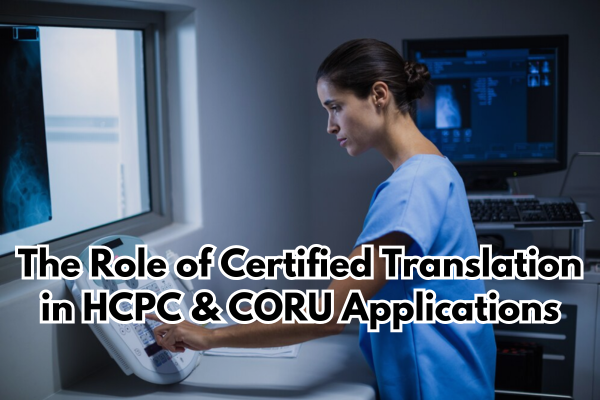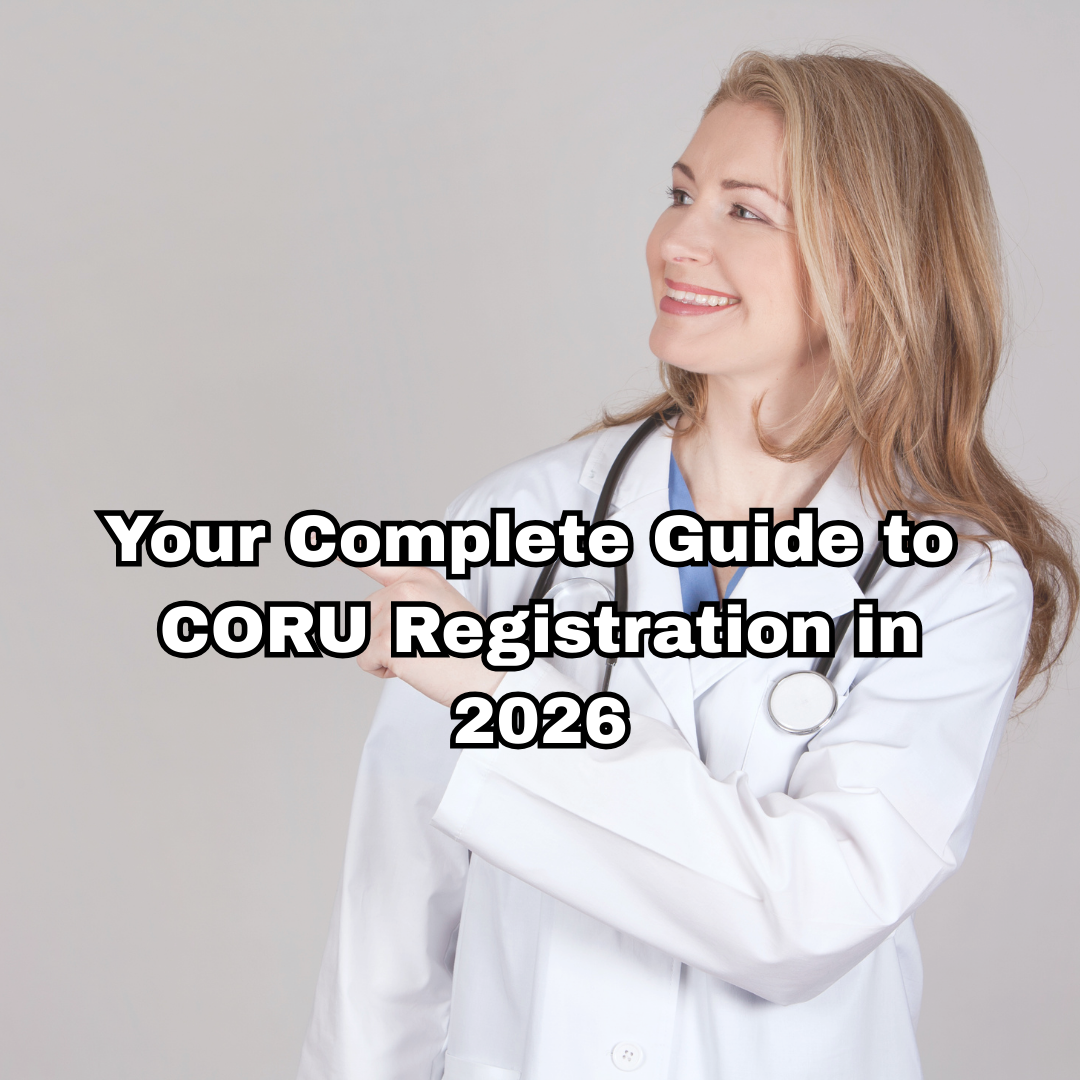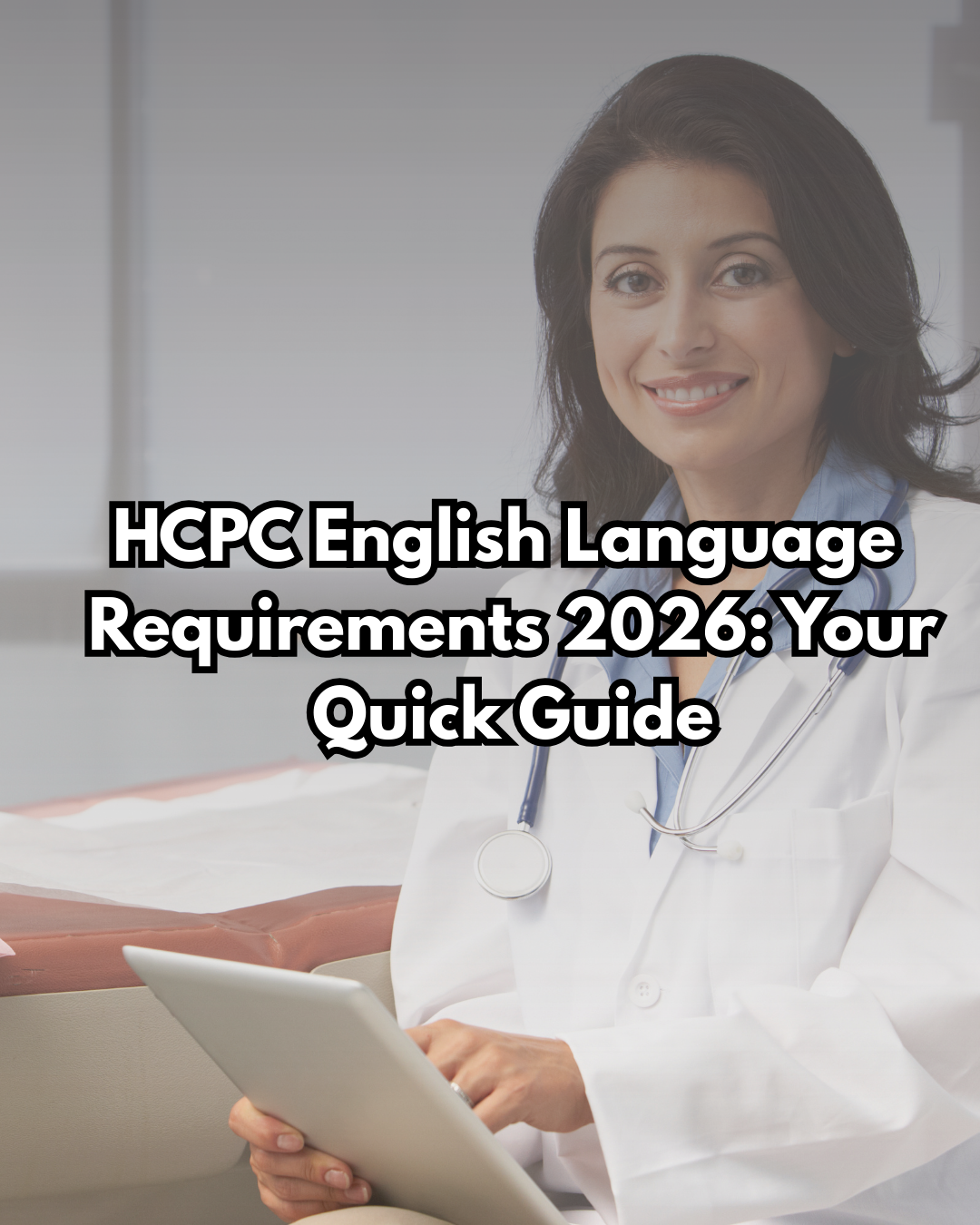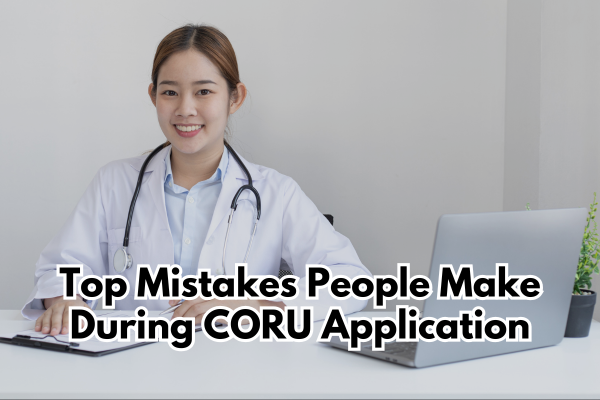The Role of Certified Translation in HCPC & CORU Applications
Expert Guidance by Evenhanded Overseas Consultancy
If you are an overseas health or social care professional applying for HCPC (UK) or CORU (Ireland) registration, all your documents must be in English. If your documents are in another language, you need to get them certified translated. This is a very important step and can affect whether your application is accepted or rejected.
At Evenhanded Overseas Consultancy, we explain why certified translation is important, how to get it done correctly, and how to avoid common mistakes.
What is Certified Translation?
A certified translation is a document that has been translated by a professional translator and includes a signed statement. This statement confirms that the translation is true and complete.
Both HCPC and CORU require certified translations for non-English documents to:
-
Ensure accuracy
-
Confirm your qualifications and experience
-
Help them fairly assess your application
Why Certified Translation is Important
Here’s why certified translation matters for HCPC and CORU:
- It’s a Legal Requirement
- You cannot translate documents yourself. HCPC and CORU only accept certified translations done by qualified professionals.
- Keeps Your Documents Accurate
- A professional translator avoids mistakes and uses the correct medical or technical terms.
- Helps Avoid Delays or Rejection
- Wrong or incomplete translations can cause your application to be delayed or rejected.
Which Documents Need Certified Translation?
If your documents are not in English, get certified translations for:
-
Degree certificate
-
Academic transcripts
-
Course syllabus
-
Internship completion letters
-
Passport or birth certificate
-
Certificate of Good Standing
-
Professional licenses
-
Work experience letters
-
CPD certificates (Continuing Professional Development)
Every page must be translated.
What a Certified Translation Should Include
A certified translation must include a statement like:
“I, [Translator’s Name], certify that I am fluent in [Source Language] and English, and that this is a true and complete translation of the original document.”
It must also include:
-
Translator’s signature
-
Date
-
Contact information
-
Company letterhead (if available)
How to Get Certified Translations
Step 1: Collect Your Non-English Documents
Make sure they are clear and complete copies.
Step 2: Choose a Certified Translator
Pick a qualified and experienced translator or agency. They should know medical terms.
We work with certified translators who meet HCPC and CORU standards.
Step 3: Submit Your Documents for Translation
Give clear copies and mention the purpose:
“For HCPC or CORU Registration” – this helps the translator use the correct format.
Step 4: Check the Translation
Review everything. Make sure it has the certification statement, signature, and correct details.
Step 5: Submit Both Versions
Send both:
-
The original document
-
The certified translation
Submit them together.
Common Mistakes to Avoid
-
Using Google Translate or online tools
-
Translating the documents yourself
-
Forgetting to include the certification statement
-
Translating only part of the document
-
Hiring unqualified translators
HCPC Certified Translation Rules
-
Must be translated by a qualified professional
-
Certification must confirm accuracy and completeness
-
Upload both versions (original and translated) in the portal
-
HCPC might check the translator’s qualifications
CORU Certified Translation Rules
-
Must be done by a certified translator
-
Include a proper certification statement
-
Usually, you must post physical copies to CORU
-
Add your application reference number
CORU is very strict, so follow their rules carefully.
Tips for Good Translations
-
Ask for a sample first
-
Keep both hard and digital copies
-
Start early to avoid delays
-
Use agencies that are part of professional associations (such as ATA or ITI)
-
Make sure the translator understands healthcare terminology
How Evenhanded Overseas Consultancy Helps
We make the certified translation process simple and stress-free:
1. Connect You with Certified Translators
Our network includes licensed translators who specialize in healthcare.
2. Review Your Translations
We check everything before submission to make sure it’s correct.
3. Help You Submit
We help with uploading to HCPC and posting to CORU, including reference numbers and document order.
4. Full Support
From checking your documents to final submission, we support every step.





